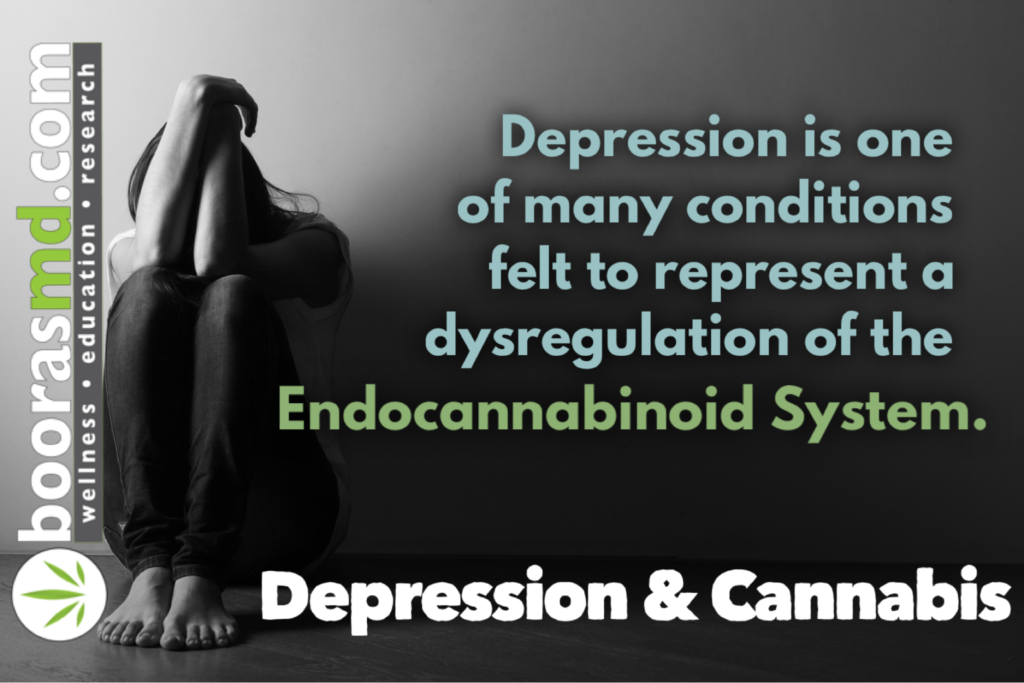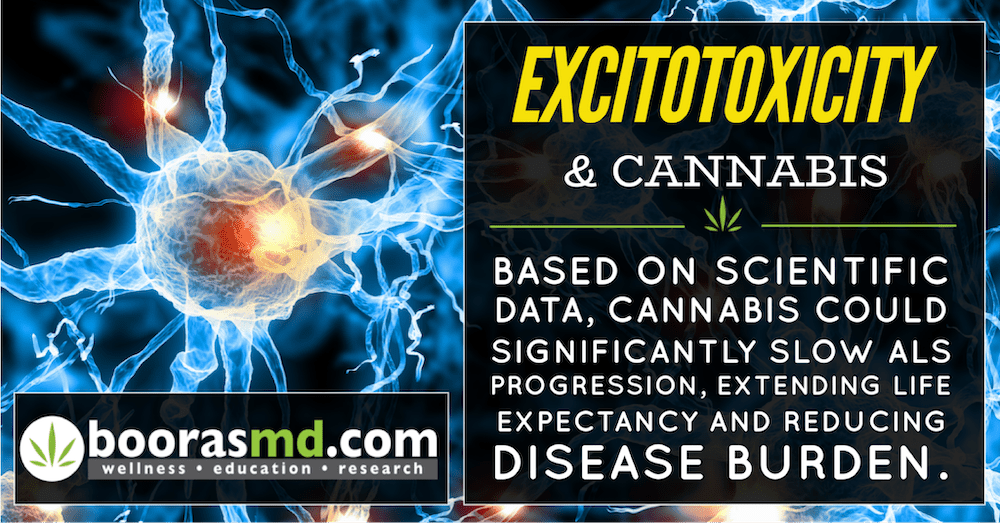Autoimmune Disorders and Medical Marijuana (Cannabis)
Autoimmune Disorders and Medical Marijuana (Cannabis)
Summary: An autoimmune disorder occurs when the immune system becomes overactive and starts producing antibodies to attack our own cells (auto-antibodies). Autoimmune disorders are characterized by inflammation caused by these auto-antibodies. There are 80-100 different autoimmune disorders affecting 24-50 million people in the US.
Examples of autoimmune disorders include Rheumatoid Arthritis, ALS, Multiple Sclerosis, Inflammatory Bowel Disease (Crohn’s and Ulcerative Colitis), Myasthenia Gravis, Autoimmune Thyroid disease (Hashimoto’s and Graves), Lupus, Psoriasis/Psoriatic Arthritis and Type 1 Diabetes. We do not currently have a clear answer as to why auto-immunity (“attack on self”) occurs, but it is probably a combination of genetic predisposition, environmental factors, and gut dysbiosis (disruption of the normal microbial flora in our intestinal tract).
Standard treatment of autoimmune disorders involves the use of prescription medications that suppress immune system function. Unfortunately, treatment with many immunosuppressive medications are extremely expensive and often associated with a variety of unwanted side effects and negative consequences. This includes increased risk of infection, cancer, cardiovascular disease, vaccine failure, and suppression of normal bone marrow function.
https://www.ncbi.nlm.nih.gov/pmc/articles/PMC4296073/table/T0005/?report=objectonly
Cannabis works by activating the Endocannabinoid System, which regulates immune system function. Both THC and CBD also reduce inflammation and have been shown to calm down an overactive immune system without increasing the negative risks of infection, heart disease, vaccine failure, bone marrow malfunction, or cancer. Treatment with Medical Marijuana (Cannabis) has been shown to modulate the immune system while also reducing inflammation.
Cannabidiol (CBD), in particular, has been found to modulate the immune system rather than suppress its function. It also reduces immune system memory, suggesting that CBD could cut down on the likelihood of future flareups of autoimmune illness.
THC reduces pain and inflammation at lower doses through activation of CB2 receptors which are very prevalent within the immune system. At very high doses, THC is actually immunosuppressive.
Based on preclinical evidence, cannabinoids help bring the system back into homeostasis, protect against damage from autoimmune attacks, slow down overactive T-cell production, and prevent the immune system from being excessively triggered.
https://www.fundacion-canna.es/en/molecular-mimicry-role-cannabis-healing-autoimmune-disease
Cannabis and Autoimmune Demyelinating Disease (Multiple Sclerosis, Autoimmune Encephalomyelitis). Medical cannabis has demonstrated efficacy in these disorders. However, very few randomized clinical trials have been done with a cannabis extract. The studies that have been done used a single synthetic cannabinoid, which is felt to be far less effective than cannabis extracts containing THC, CBD, Terpenes, and the multiple other biologically active constituents contained in the cannabis plant.
https://www.jneurology.com/articles/cannabis-and-autoimmunity–the-neurologic-perspective-a-brief-review.html
Are Autoimmune disorders yet another Clinical Endocannabinoid Deficiency Syndrome? The answer is very likely Yes.
https://www.crxmag.com/issues/2020/fall/cannabis-for-autoimmune-disorders.shtml#
Written by Charlie Booras, MD on June 7, 2021





